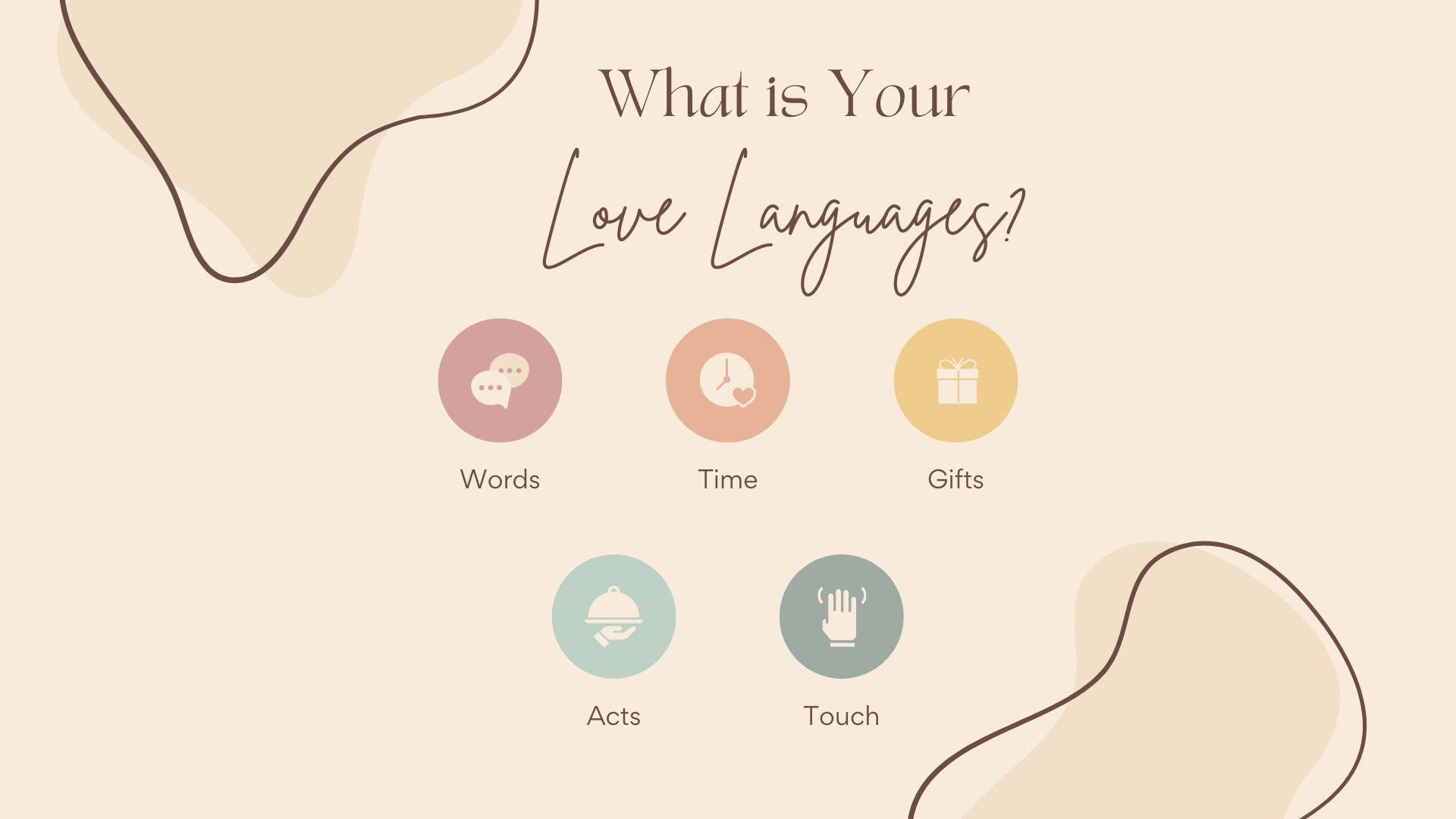A people pleaser is a person who tends to please others even if it's at the expense of their own wellbeing. It is usually linked to a personality trait, sociotropy, which according to Toru Sat, is characterized as an “excessive investment in interpersonal relationships”. People pleasing tends to be unintentionally disguised with a desire to...
Improving your teamwork skills is an integral part of personal and professional development. A team’s attitude not only dictates their work environment, but it also dictates how far they will go in terms of reaching their goals. A united team tends to be more productive and efficient than a team full of division and negativity....
Gary Chapman, the author of The Five Love Languages, stated that people express love in different ways. Not only are there different ways of expression, but also different ways of receivement. How we express our love to others is how we show them how we feel about them, whereas how we receive love is...
Stepping outside of our comfort zones is an important aspect of our maturation. Due to a reluctance to take risks, many people spend years feeling stuck and stagnant when it comes to personal growth. Fear can hold some captive, and it can lead to a road of regret and what-ifs. As author Anais Nin states,...





